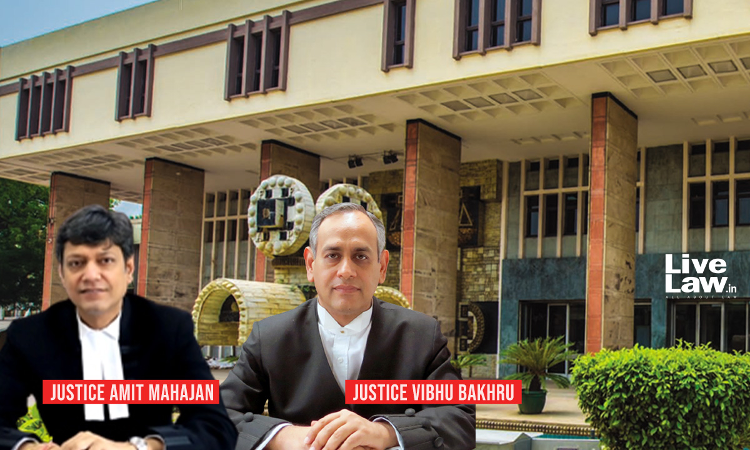The Delhi High Court recently held that DRT cannot entertain a claim for an amount less than Rs.10 lakhs under the SARFAESI Act. A Division Bench comprising Justices Vibhu Bakhru and Amit Mahajan added that the SARFAESI Act's remedy under Section 13(10) cannot be availed by a bank independent of the provisions of the Recovery of Debts and Bankruptcy Act, 1993 (RDB Act), and the pecuniary...

